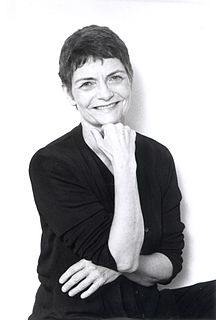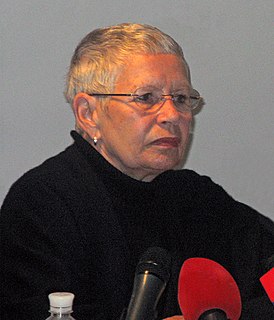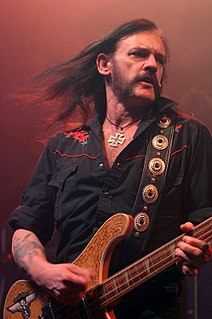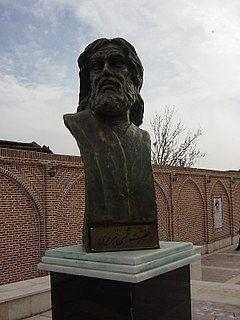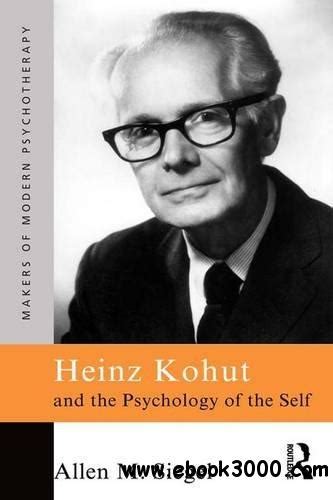A Quote by Edsger Dijkstra
APL is a mistake, carried through to perfection. It is the language of the future for the programming techniques of the past: it creates a new generation of coding bums.
Related Quotes
One of the first major programming projects that I worked on when I was growing up in Ireland, back just coding by myself, was a programming language. Then I spent a bunch of time working on a new web framer. Just back-end things to make it easier to go in and build things on top of, do other development.
It is the role of the artistic coder to question the coding languages, both through self-reflection and by using them for unintended purposes. These coders introduce multiplicity where none existed and challenge definitions of intent for the entire environment of programming language, machine and system.
The initial motive for developing APL was to provide a tool for writing and teaching. Although APL has been exploited mostly in commercial programming, I continue to believe that its most important use remains to be exploited: as a simple, precise, executable notation for the teaching of a wide range of subjects.
We're not the Faster-than-the-Speed-of-Light Generation anymore. We're not even the Next-New-Thing Generation. We're the Soon-to-Be-Obsolete Kids, and we've crowded in here to hide from the future and the past. We know what's up - the future looms straight ahead like a black wrought-iron gate and the past is charging after us like a badass Doberman, only this one doesn't have any letup in him.
To be identified with your mind is to be trapped in time: the compulsion to live almost exclusively through memory and anticipation. This creates an endless preoccupation with past and future and an unwillingness to honor and acknowledge the present moment and allow it to be. The compulsion arises because the past gives you an identity and the future holds the promise of salvation, of fulfillment in whatever form. Both are illusions.
The past is an interpretation. The future is on illusion. The world does not move through time as if it were a straight line, proceeding from the past to the future. Instead, time moves through and within us, in endless spirals. Eternity does not mean infinite time, but simply timelessness. If you want to experience eternal illumination, put the past and the future out of your mind and remain within the present moment.
The musician of disordered sound, the poet of decomposed language, the painter and sculptor of the fragmented visual and tactile world: they all portray the break up of the self and, through the rearrangement and reassemble of the fragments, try to create new structures that possess wholeness, perfection, new meaning.



